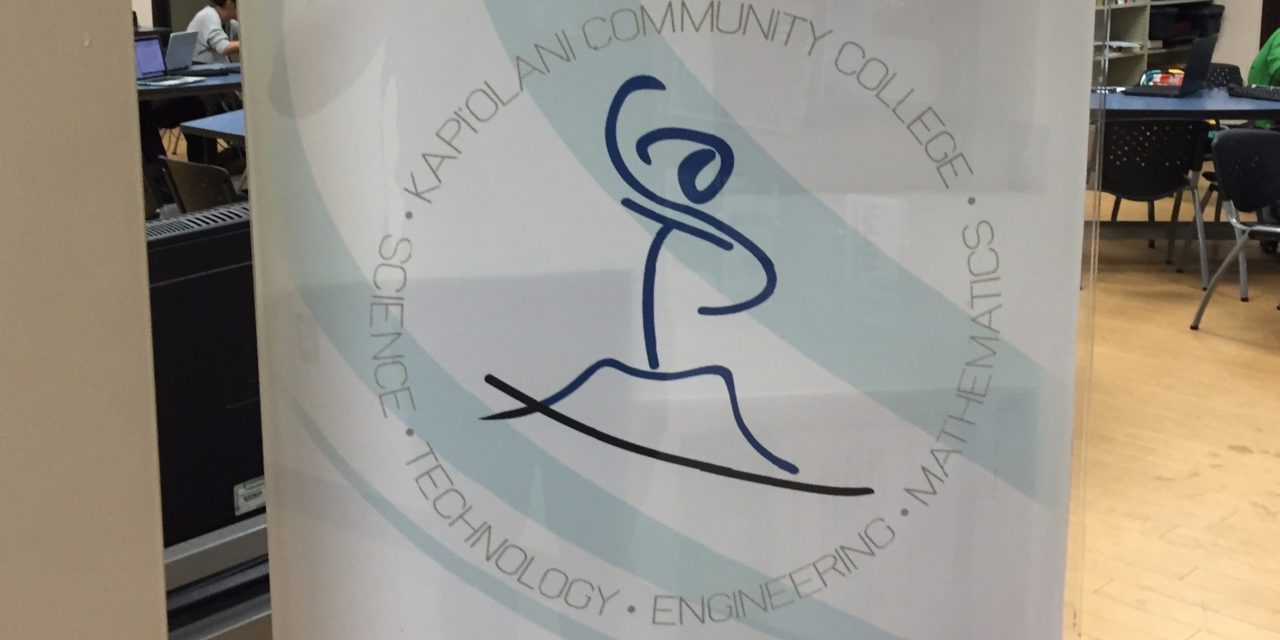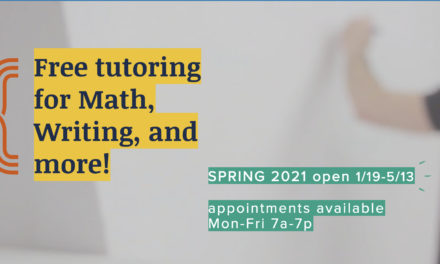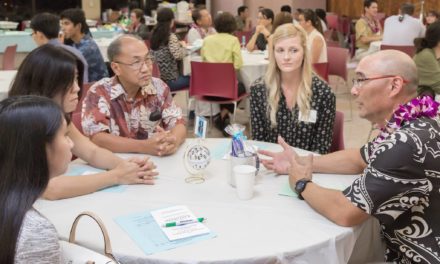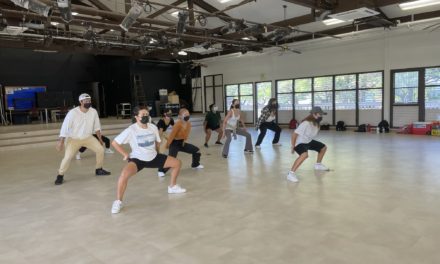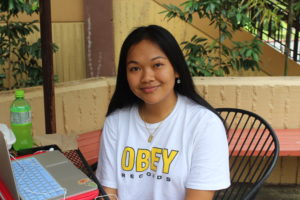BY CHRIS TAKAHASHI | STAFF WRITER
The KCC STEM Program has not existed formally for very long – just over a decade – but the specialized programs offered are robust with student research opportunities made available by a dedicated faculty.
Earlier this fall, the STEM Program was the recipient of two National Science Foundation (NSF) grants totaling $4 million.
KCC faculty members Robert Moeng and Amy Patz Yamashiro authored the proposal to receive a successive round of NSF funding for KCC’s successful S-STEM program, which stands for “scholarships in STEM.” The most recently awarded S-STEM funding totals $1 million.
The second NSF grant, totaling $3 million, was awarded to a consortium of Hawaiʻi colleges including UH Mānoa, UH Maui, Leeward Community College, Windward Community College, Honolulu Community College, and KCC. This grant was awarded to the Pre-Engineering Education Collaboration (PEEC) program with KCC as the lead recipient representing the five other campuses. Honolulu Community College professor Michael Ferguson and dean Marcia Roberts-Deutsch authored the proposal for the PEEC grant.
The PEEC program is designed to “improve Native Hawaiian graduation, transfer, and persistence rates” in addition to measuring the efficacy of “undergraduate research on student success,” according to the University of Hawai‘i News.
As a previous round of NSF funding winds down, the most recently awarded S-STEM grant at KCC will fund scholarships beginning in the Fall 2017. First-year STEM students pursuing an Associate in Science degree in Natural Science (ASNS) may apply beginning in the Spring 2017. More details regarding an application will be made available later.
The scholarship begins during the second year at KCC and continues through years three and four at a four-year university, typically UH Mānoa. Funding goes away if graduation is not completed within four years, so there is an additional incentive to graduate according to the timeline.
KCC anatomy and physiology professor Amy Patz Yamashiro explained that there is a “complete and compete” expectation in the NSF assessment of S-STEM recipients.
According to KCC anatomy and physiology professor Robert Moeng, the recently awarded S-STEM scholarships will be available over the course of the next five years. About 10 students per year, or 50 in total, will receive scholarship funding. The scholarship may include stipend support and can be combined with prior financial aid such as a pell grant.
“The more we can fund these students [through scholarship], the more likely they can spend time in class,” Moeng said.
Potential students for the S-STEM scholarships must satisfy both financial aid requirements and merit-based qualifications.
On measures of academic performance, the Office of Institutional Effectiveness has shown that S-STEM recipients track well for graduation in four years and even perform better academically than their peers without the scholarship.
Yamashiro said she believes that a driver of success for many STEM students, either those with or without the S-STEM scholarship, comes from the breadth of research available on campus.
According to Yamashiro, students can engage in “deep and meaningful research” with professors across a wide range of disciplines.
Students have been involved with projects ranging from working with biofuels to discovering novel medicinal properties of native plants. KCC students also participate in annual STEM conferences on the mainland, winning awards and accolades in competition with four-year universities.
The STEM program has been around for about a decade after professor John Rand received an NSF grant in 2005. Since then, grants have been awarded to further research efforts by professors and KCC students. Even NASA has previously awarded KCC a grant for research.
Prospective STEM students may reach out to STEM counselors Lisa Yrizarry (wongla@hawaii.edu) and Melvin Jadulang (melvinj@hawaii.edu) for more information regarding the STEM Program and S-STEM scholarships as they become available in the spring.
To read all of Chris’ stories, click here. Chris can be reached at cbt79@hawaii.edu.

